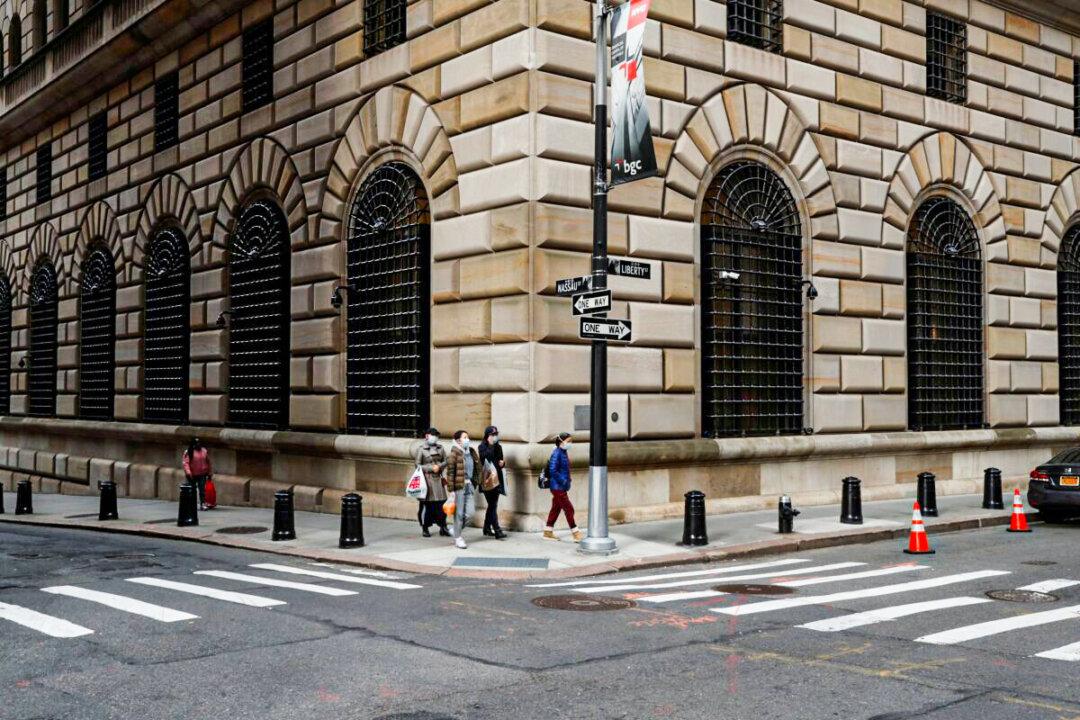A new study from the New York Federal Reserve examining the impact of climate change via extreme weather events on bank financial stability throws cold water on the heated rhetoric around climate change, finding that the threat to banks from natural disasters is trivial while suggesting that a bigger danger to financial institutions comes from policies meant to shield them from such risks.
The Fed report sought to gauge how banks fared against past disasters by examining FEMA-level disasters between 1995 and 2018 and county-level property damage estimates from SHELDUS (Spatial Hazard Events and Losses Database for the United States). The authors concluded the impact was insignificant.





